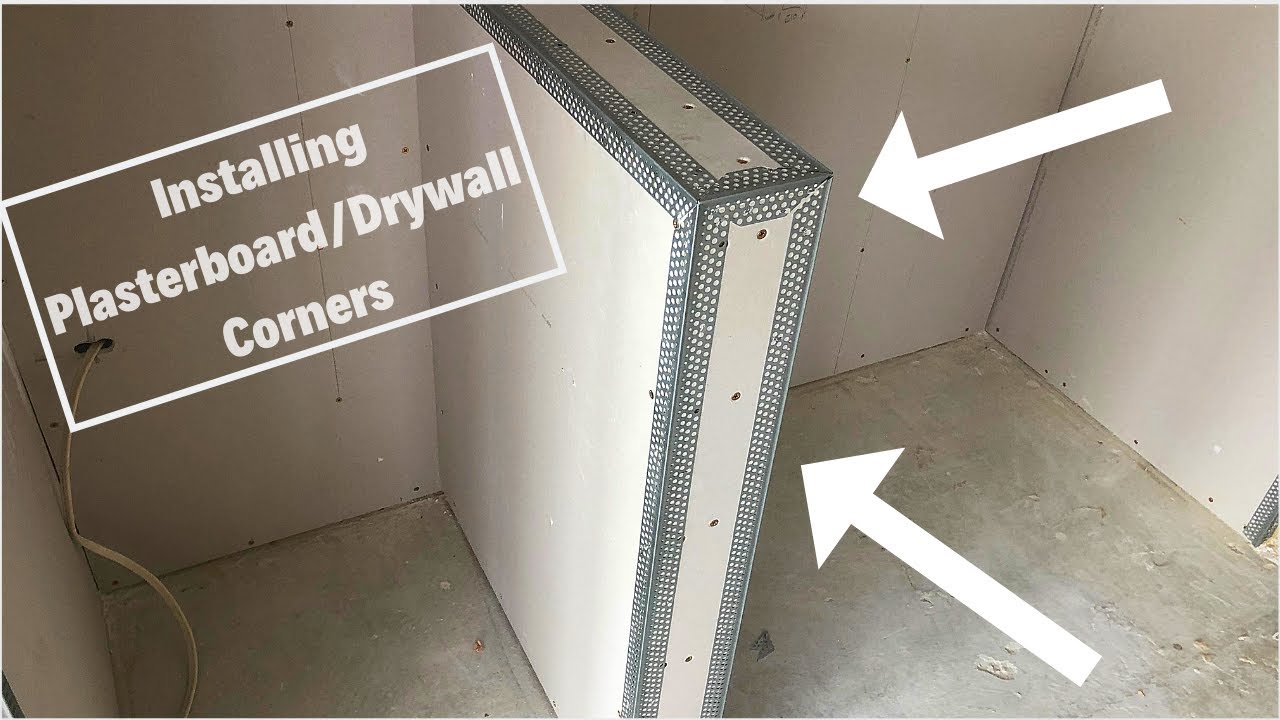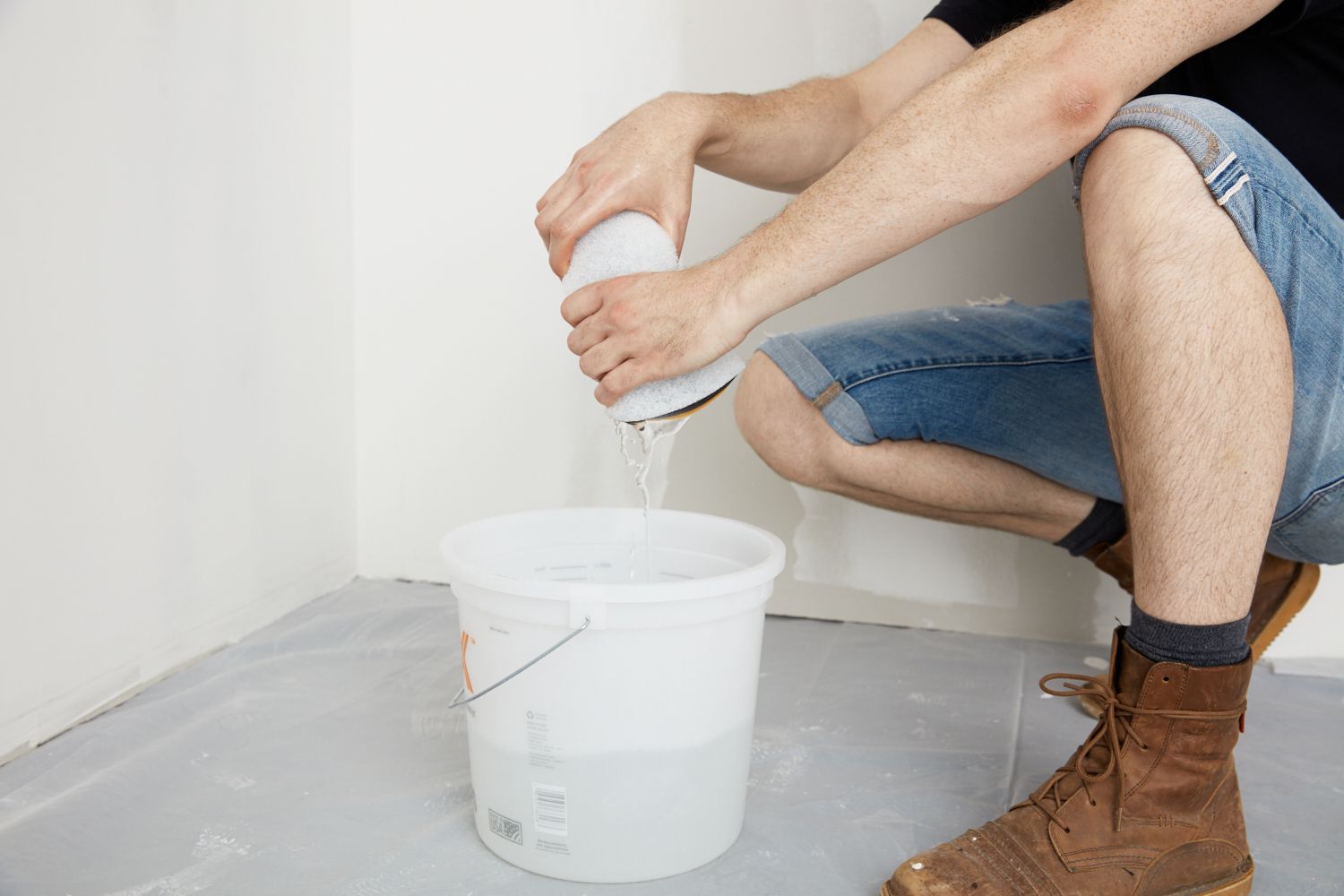
A pole sander is an excellent tool for painting and drywall. This tool reduces time spent sanding because it doesn't require you to bend or climb on a ladder. They are especially useful when working in difficult areas. These tools are not only useful for sanding the surface, but also for removing excess drywall compound surrounding fasteners.
It is crucial to properly prepare drywall surfaces before applying paint. Before painting, you need to sand and clean the walls. You can achieve professional results without having to scratch the walls by using a sander. Use the appropriate sandpaper and sandpaper for your type of drywall to achieve a smooth finish. You can rough-sand walls with 100-grit paper, but prime walls with 120-grit.
Pole sanders come in a compact and lightweight design that makes them easy to transport. However, it's important to pick one that works well. Quality sanders should have sturdy construction and be simple to operate. The handle should be large enough to allow you sand large areas with ease.

Some sanders are equipped with quick change sanding plates. These make it much easier to replace worn sanding disks. Wing nuts can be used to attach the sandpaper pad with your sander to make it easy to change it quickly.
Telescoping sanders are another option. You can use the sander at different locations without needing to adjust the sanding disks. These pole sanders are light and cause minimal arm fatigue.
You might also consider a sandingpad that attaches to a brush. This is especially helpful when sanding sheetsrock or drywall. Because the sander is able to invert, it prevents gouges in the wall.
In addition, some sanders are equipped with clamps that hold sandpaper in place. Clamps are located at either end of the swivel head. You must ensure that the clamps are secure enough to prevent them from slipping.

Radial sanders can be used for large-scale sanding. These tools utilize quick change 9 In. These sanding disks are made from hook and loop materials. The sanding discs are designed to fit onto standard drywall poles.
There are many options available for those who want to sand large distances. If you are on a tight budget, you might consider a manual or electric sander. Even though they aren't as versatile these tools can still be used to complete your job faster and more efficiently. Using a pole sander can be a hassle-free experience when you get the right one. Select a high quality tool that will provide you with a lot of useful service.
A pole sander is a great tool for sanding sheetrock, drywall and wood floors. The sander's padded face helps produce a consistent sanding surface. Additionally, the sander's swivel head makes it easy to work in high areas.
FAQ
What should I do first in a house renovation?
Cleaning out clutter inside and out is the first step to fixing up a house. Next, you need to remove any moldy areas, replace damaged walls, repair leaky pipes, and repaint the entire interior. Final steps include cleaning up exterior surfaces and applying new paint.
How do I choose a good contractor?
When choosing a contractor, ask friends and family members for recommendations. You can also look online for reviews. It is important to confirm that the contractor that you choose has worked in the same area as you. Request references and make sure to verify them.
Are there ways to save money on home renovations?
You can save money by doing most of the work yourself. Reduce the number and frequency of people you hire for the renovation. It is also possible to cut down on the cost of materials during renovations.
Can I renovate my whole house myself?
If you are able to do it yourself, why not pay someone else?
It doesn't really matter how much you love DIY. There will always be times when you just can't do it. You might not be able control many of the variables.
You might discover that the wiring in your home is not up to date. In this case, you'll need to hire an electrician to ensure that your electrical system works safely and reliably.
It is possible that your renovations might cause structural damage.
You may not have the proper tools to complete the job. For instance, if you are planning to install a new kitchen sink, you'll need to buy a special tool called a plumber's snake which is used to clear clogged pipes.
There are plumbing codes that will require you to hire a licensed plumber for your project.
Let's just say that you must know what you can do before you undertake such a daunting task.
If you are unsure whether you can tackle the job yourself, ask for help from friends and family members who have done similar projects before.
They can offer advice about what to do and where to go for more information.
How can I avoid getting ripped off when renovating my house?
The best way to avoid being ripped off is to know what you are paying for. Make sure you read every word of the contract before signing it. Don't sign any contracts that aren't complete. Always ask for copies of signed contracts.
Statistics
- They'll usually lend up to 90% of your home's "as-completed" value, but no more than $424,100 in most locales or $636,150 in high-cost areas. (kiplinger.com)
- Design-builders may ask for a down payment of up to 25% or 33% of the job cost, says the NARI. (kiplinger.com)
- ‘The potential added value of a loft conversion, which could create an extra bedroom and ensuite, could be as much as 20 per cent and 15 per cent for a garage conversion.' (realhomes.com)
- A final payment of, say, 5% to 10% will be due when the space is livable and usable (your contract probably will say "substantial completion"). (kiplinger.com)
- Most lenders will lend you up to 75% or 80% of the appraised value of your home, but some will go higher. (kiplinger.com)
External Links
How To
5 Things You Should Know Before Starting Your House Renovation
-
Do you really want this? It's likely that you will need assistance if you plan to tackle a large home improvement project, such as remodeling your kitchen or bathroom or building a new home. However, if you feel unsure about your ability to complete such a big task by yourself, you might consider hiring someone to help you. It can take up your time and cost you money. You won't reap the benefits. Instead, you can hire someone who knows their stuff to help. These people will save you time, stress, and provide a beautiful place to live in.
-
How much should you spend? - This one might seem obvious, but spending too much on a renovation project could actually make matters worse. Because you will likely end up paying most of the costs back at the conclusion of the day. Stick to your budget if you have one! Without it, you may end up paying a lot but not getting anything back.
-
Should I hire professional tradespeople or DIY? - There is no right or incorrect answer. However, we recommend hiring professional tradespeople when you can afford them. After all, they'll be able to give you advice on how best to proceed with your project. They'll install your plumbing correctly, provide a warranty, and ensure everything goes according to plan. DIY projects are often a trial-and-error process, so you'll need to learn a lot from your mistakes. You'll also have to deal with any problems that may arise throughout the process.
-
What are my options? - Don't underestimate the cost of a renovation project. Even if you believe you can handle it yourself, it might be necessary to borrow money from your family or friends just to cover the costs. When you want to sell your existing property quickly after the renovations are complete, you will need to account for the price of selling it.
-
What is the best place to start? There is no wrong or right place to start when it comes time to choose where to begin. But we suggest you choose something that you enjoy working on. If you enjoy what you do, you will be more motivated to continue working and less likely procrastinate. You should also avoid areas that require extensive maintenance. For instance, you shouldn't attempt to redecorate your living room if you're constantly dealing with dust and dirt.